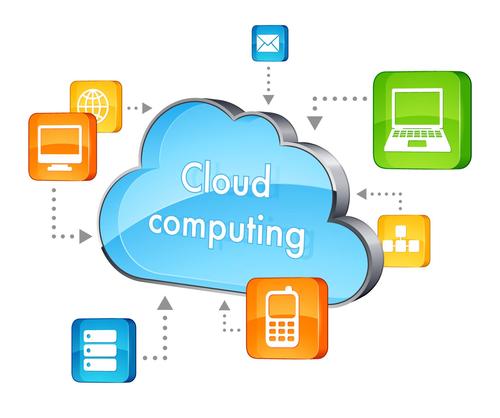| For the past few years, the buzz around the business world has been 'cloud computing'. But what exactly is cloud computing and how can you best use it for your business? In a previous life, when I was involved in computer software development, our flow charts would often include a simple amorphous cloud shape to indicate some complicated process outside the scope of our immediate project. We didn't need to know the details; just that information went in, was processed and came back. That's exactly what cloud computing is. Consider that fluffy white cloud as the Internet. Rather than following the traditional route of having your data and often programs on your own computer, you connect to the Internet and access your data stored there, giving you access from any location. You probably already use cloud computing privately, Facebook and Instagram are perfect examples of cloud computing. But how can you use cloud computing to gain the maximum benefits for your business? |  |
 | One of the most compelling reasons for using cloud computing is to provide safe, secure storage for your data in case of a disaster at your premises. Losing your company information can be a killer blow for any business. By using cloud computing to store your data off site, you can ensure that you have access immediately from another location. For even a small business, setting up a company network server can be an expensive proposition, not only for the hardware costs, but also for the specialised services needed to keep it operating efficiently. By renting a cloud service, you can concentrate on running your business and let your cloud service provider take care of the technicalities. Computer software such as an office productivity suite of programs for word processing, spreadsheet capabilities and presentations is not cheap if installed on individual work stations throughout your business. Companies such as Google or Microsoft can offer cloud variations of such software, available to all employees from any Internet connected work station without having to provide licensed copies on each computer. Cloud computing also ensures that your data is up to date for all employees. Rather than having copies of files spread around throughout your organisation, the information stored in the cloud is always up to date and consistent, regardless of who accesses it. Of course there are arguments against cloud computing. By moving your data off site, you are very much dependent on your Internet service provider and the company that hosts your information. You'll still need a disaster recovery plan and you'll need to consider the legal aspects surrounding data protection and confidentiality. Weigh up the arguments carefully before you head for the cloud! |